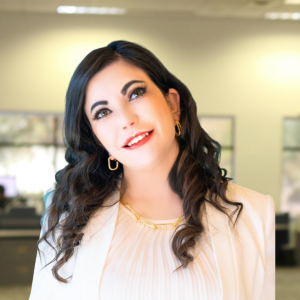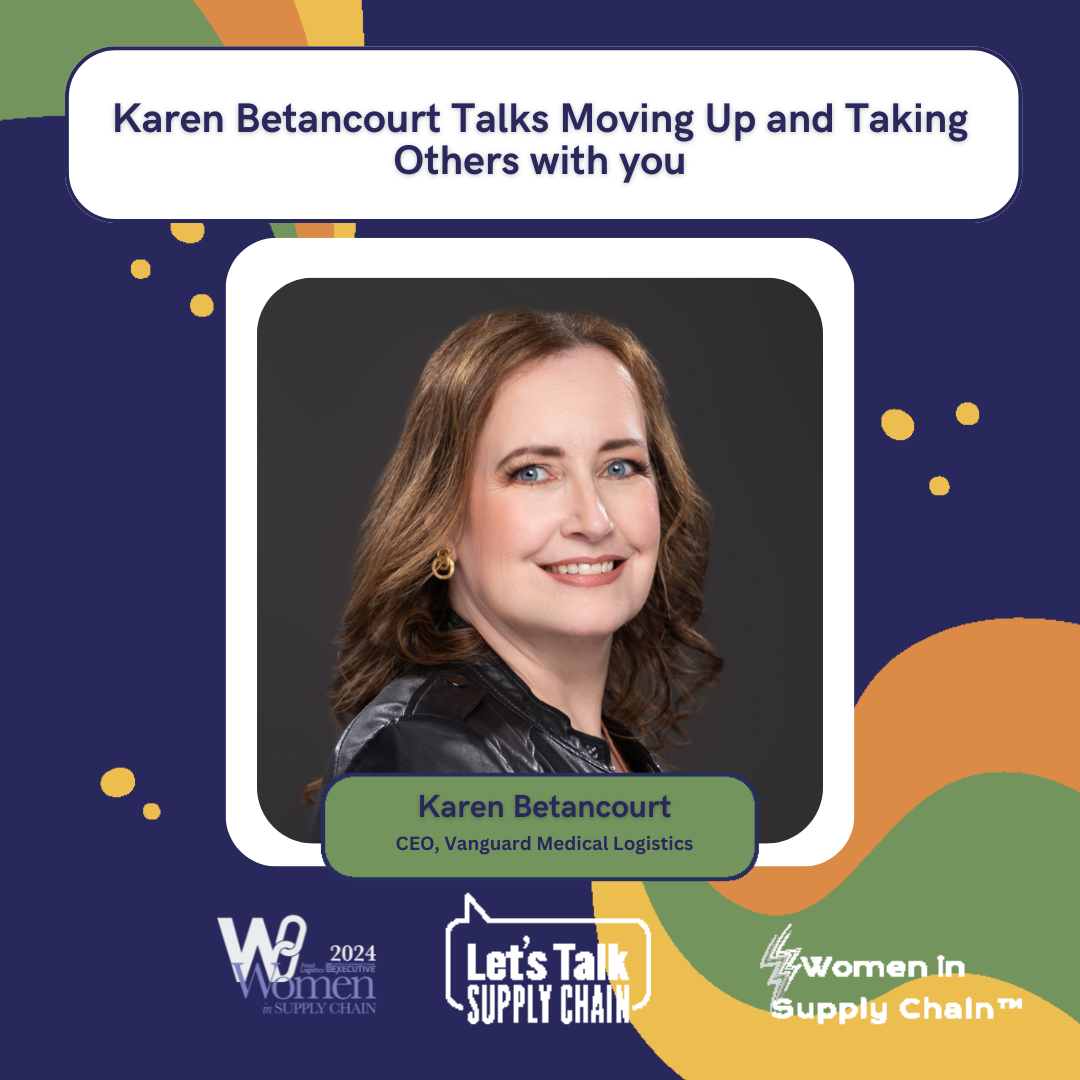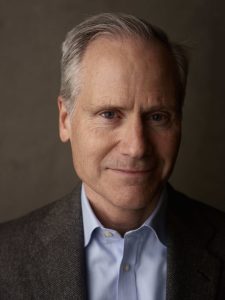Hurricane Milton has disrupted Florida’s logistics networks, impacting everything from road and rail transportation to portal operations. The storm has fueled effects that may disrupt industries for weeks or even months. Understanding how the industry can rebound means looking back at how logistics teams have tackled disruptions in the past and proven recovery plans.
Florida’s ports can massively disrupt the entire global logistics network, especially for petroleum imports, construction materials, and consumer goods. Hurricane Milton closed key ports, including Tampa Bay, Jacksonville, and Manatee. These closures paused the movement of essentials across the chain. Gaps have blocked the transfer of fuel, and construction delays for necessities like cement and steel. Milton is delaying shipments headed to the southeast and beyond. That means navigating obstacles and lagging lead times, redirecting the flow of goods to Georgia, South Carolina, and Alabama
Tampa Bay and other major ports could be closed for over a month before receiving large cargo ships. However, there are some positives. Ports Everglades and Miami should be back to business as usual in the next two weeks.
So, how can business leaders respond to unprecedented climate disruptions expected to only increase over time? According to McKinsey, organizations with diversity of thought are 35% more likely to outpace their competitors which comes in handy in the most challenging situations.
Let’s Talk Supply Chain’s Women In Supply Chain program, blog, and podcast series showcase the impact of expanding gender representation and supporting the advancement of female leaders and our nonbinary peers. We hope our Women In Supply Chain blog series motivates you to let go of traditional gender roles so you can make profound, deliberate achievements that are uniquely you.
This October, we’re honored to highlight Karen Betancourt’s experience, insights, and accomplishments. Karen is the Vanguard Medical Logistics CEO. She’s dedicated herself to logistics and supply chain management for over two decades, leading nuanced and complicated projects with multiple stakeholders. Karen has spearheaded major software advancements to redefine operations. She’s on a mission to fuel powerful outcomes without compromising quality. Karen boasts a bachelor’s degree in Management and Operations and an MBA in Business Administration Finance.
1. Where did your supply chain journey start?
My plan was to study chemical engineering at Georgia Tech. Plans change—this one due to my disdain for calculus. So, it’s safe to say that I spontaneously broke into Supply Chain during undergrad.
I’ve led vast supply chains at Amazon in roles like Senior Manager of Strategic Programs and Technology, and at Walmart as the Director of Operations. More recently, I’ve focused on healthcare supply chains with Cardinal Health and Vanguard Medical Logistics, where I became CEO earlier this year.
The transition to a medium-sized company from the likes of Amazon and Walmart is fantastic. I can leverage that big company experience while still being able to engage with people close to the operations daily. That’s the best of both worlds.
2. Have mentors supported your professional growth in supply chain?
Throughout my career, I’ve had informal mentorship experiences due to industry dynamics. Men I sought out as mentors were either hesitant or uncomfortable having 1:1s with me, or welcomed the opportunity in a way that wasn’t strictly professional.
I learned how to make progress even if it meant only getting offered the breakfast time slot. Sometimes you have to be relentless and do whatever you can to get in the room with the people who can help you.
Mentoring is what you make of the feedback and opportunities you have. It doesn’t always mean you have a formal mentor relationship—pick up those nuggets of wisdom and advice.
As I’ve progressed over my career in the industry, I’ve mentored numerous women and men on a mission to ensure they have the experience I was never able to access.
3. What’s your experience working in a male-dominated industry?
When I entered the industry most women in logistics were generally clerks or a truck driver. You were either a secretary or could lift seventy-five-pound bags of dog food as well as anyone on your shift.
To say I didn’t fit the mold of the people in the rooms I found myself in is underselling it. I’ve had all the negative interactions you can imagine. But it’s those experiences that prove how important it is to back yourself and other women.
It’s been a joint, sustained effort with other women across the industry to redefine what success looks like in our field. Together we’ve demonstrated that it doesn’t have to be only rough-neck women who last. Women of all backgrounds and strengths can thrive.
Believe it or not, it wasn’t just men who were blessed with analytical and strategic thinking even if that’s what we’ve historically been led to believe.
4. When did you find your voice in your supply chain career?
I feel most comfortable advocating for others rather than myself. But, one experience was the first time in a leadership role that I pushed back on a bad but popular policy. I made my case with hard facts and figures and managed to sway the other leadership teams—the policy was rolled back. I knew the risk was worth it and understanding that advocating for what’s right has been enormously helpful in my approach to communicate and speak out.
I was kicked out of ballet at five years old for telling my teacher she needed to “shape up” so I may have had less to overcome than others to find my voice.
5. What advice do you have for women in supply chain and others looking to start a career in the industry?
Progress is all about continuing momentum, not just a direction. Listen to your critics, they may be right, but you only get one shot at this life. Live it according to your goals and principles, not someone else’s.
6. Who do you admire in and outside of the supply chain?
If I could share them all, the list would be too long to relay, but I’d have to pick Christine Lagarde, the former Managing Director of the International Monetary Fund (IMF).
Neither economics, monetary policy, nor global politics are simple nor straightforward, and she has always been committed (and engages) with her audience in a way that shows you can have personality, panache, and style, all while wiping the court with those who oppose you. Like all high-level roles, diplomacy and tact are critical, and she performed exceedingly well under the microscope of being the first woman in her role.
7. What have you learned on your supply chain journey so far and what’s next?
I’ve learned that I am more creative and unique than I thought. I am more resilient than I ever dreamed. Just because others can’t see me being successful doesn’t mean I can’t or won’t be. I hope that my future holds more in exceeding my own expectations and creating a more level playing field for everyone.
8. What does your Women In Supply Chain feature mean to you?
As a tenured member of Supply Chain, trailblazing is my main focus. That means advocating for and ensuring women are represented accurately across the supply chain and presented with equal opportunities.
So, in that respect, I’m honored to be featured in the Women in Supply Chain series that recognizes the journey and efforts of so many women who have come before and those who are the future of the industry.
Calling all women in supply chain!! There’s a new initiative that’s 100% geared towards serving YOU!
Women in Supply Chain is an online community with the sole purpose of providing women in our industry with consistent support and opportunities, all year long.
Elevate Your Career with Women in Supply Chain!
Join a groundbreaking industry initiative that goes beyond networking. Women in Supply Chain is a diverse collective of professionals fostering growth, deep connections, and career development.
What you get:
- 3-hour Introductory Call
- Monthly Live Calls with a Professional Facilitator
- Access to a Private Online Community
- Women in Supply Chain T-Shirt
- FREE Access to The Supply Chainers ($175 Value)
Investment:
$1,000 deposit + $100/month membership Learn more + join here.
Take your future into your own hands & ask your company to add this to your professional development budget. Reach out to hello@
Spaces are going fast– Don’t miss out on this transformative opportunity!
Meet Our Sponsors
Food Logistics and Supply & Demand Chain Executive’s Women in Supply Chain award, sponsored by Let’s Talk Supply Chain podcast and Blended Pledge project, honors female supply chain leaders and executives whose accomplishments, mentorship, and examples set a foundation for women in all levels of a company’s supply chain network.
About the Author

Naomi Sylvian is a content marketing leader with more than 17 years of experience, and the editor of Let’s Talk Supply Chain™’s Women in supply chain™ series. Her works have appeared on Forbes, Mashable, Business Insider, The Muse, and Yahoo, and have been mentioned by The New York Times Online. Naomi mentors at-risk teens to fight recidivism and contribute on a local level, working with the Arizona Department of Juvenile Corrections. Subscribe to her LinkedIn newsletter, The Chain Explained, for all things Supply Chain broken down with as many pop-culture references as possible, or view her marketing portfolio online.












